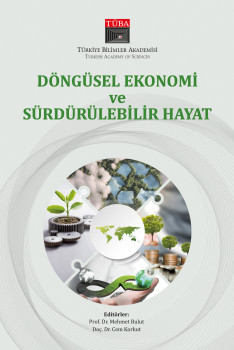Burden of The Health Impacts of Climate Change

Burden of The Health Impacts of Climate Change
The relationship between climate change and health is a real relationship that needs to be relieved of being theoretical by developing a pool of evidence. Health sector will be the most vulnerable sector in climate change. Health promotion and primary health care dimensions increase the sensitivity of the health sector. The shares allocated to these dimensions from the country budgets are less than the other health sector investment shares. When we add equity to the principle of equality, it is imperative that the health sector meet the socio-economic burden of climate change. For this reason, the health sector is as strong as its weakest point and seems doomed to be caught unprepared for the worst-case scenario. The disease burden formula, which is built only on the number of those who died and sick due to the effects of climate change, prevents seeing the holistic economic picture. For climate change, a “health burden” calculation should be made, which includes the disease burden (individual / social disease cost), the individual burden of health personnel, the burden of health services, the cost of pressure on the health sector of other sectors, mitigation, and adaptation costs. Climate change should be reflected in health burden calculations as a multiplier effect. Adaptation should be prioritized in climate change health burden calculations and advanced analyzes. Leaders of the new era will be leaders who have a public health perspective and increase public awareness, that the public is responsible for their own health, and take the lead in increasing conscious health promotion efforts. Leaders should allocate money to each future dream from the budget.
